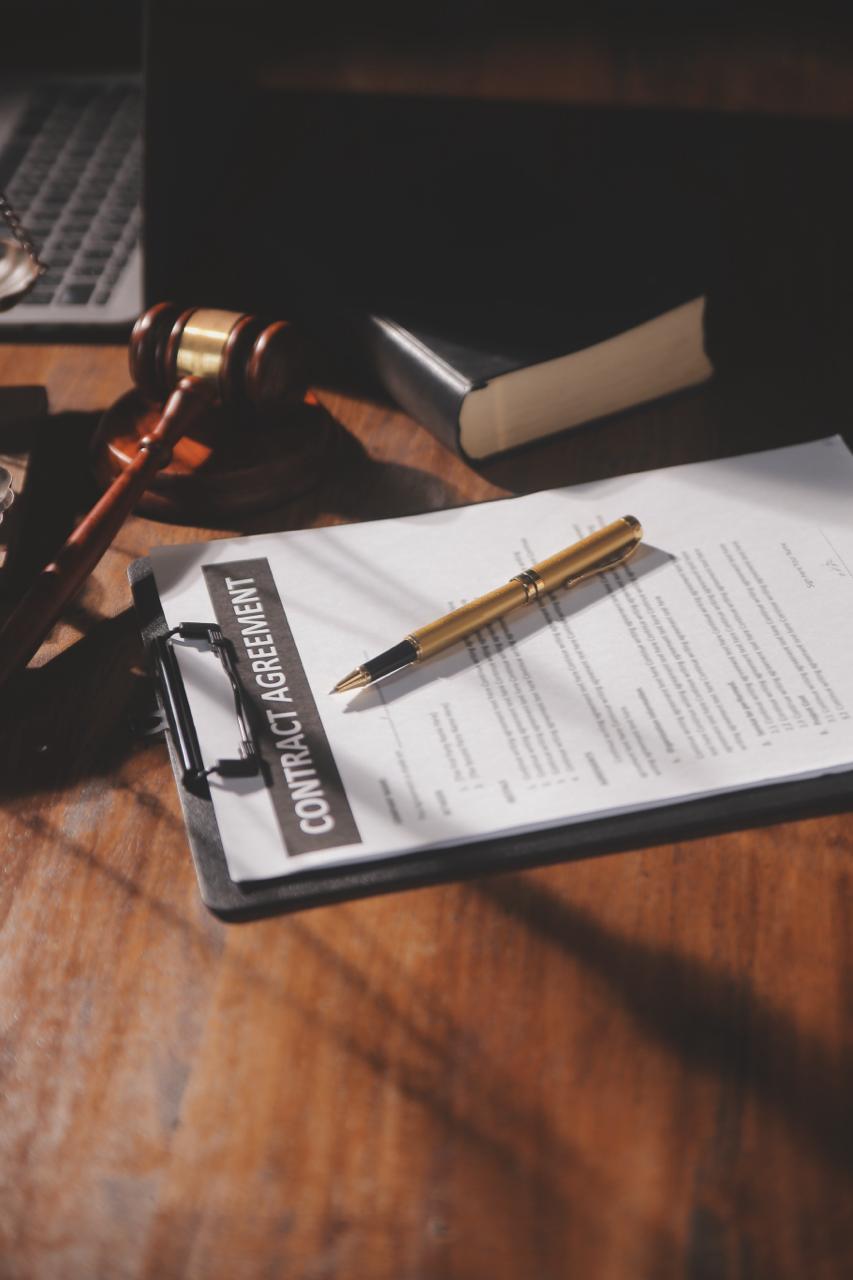Learn how to challenge unlawful bailiff actions with expert legal advice.
To receive an enforcement document and transfer it for enforcement to the system of enforcement agencies is not a guarantee of repayment of a debt or fulfillment by the debtor of another obligation. Many companies notice that the execution process is not moving and there is no contact with the bailiff. In such a situation, the actions or inaction of the bailiff can be appealed. An experienced lawyer can study the grounds for appeal and prepare a complaint.
How long the actions (inaction) of the bailiff can be appealed
When the claimant believes and can prove that the bailiff is not fulfilling his duties, it is possible to appeal the inaction or actions of the bailiff. The complaint is filed within 10 days after the claimant has found out the fact of inaction (actions) of the bailiff.
The recoverer may appeal against the decision of the bailiff, with which he does not agree, within 10 days after receiving this decision. The complaint is made in the form of a written document.















